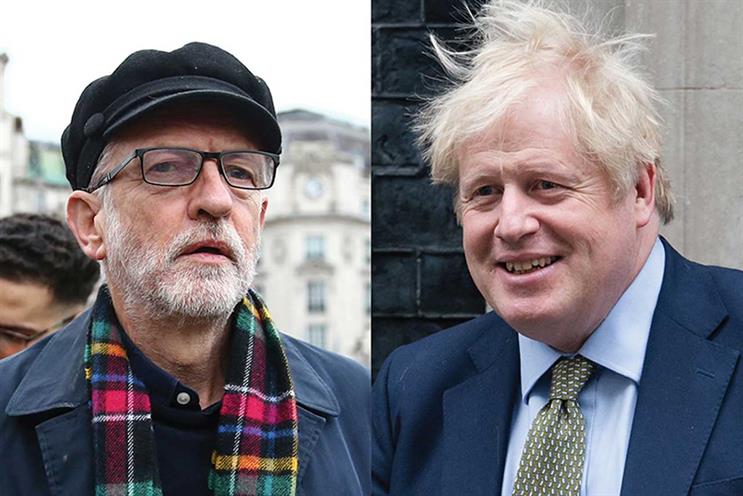
Dishonest, divisive politics leading to disenchantment with democracy, along with a belief that capitalism does more harm than good, have contributed to the UK population becoming the second-least-trusting in the world, according to new research by Edelman.
The 20th annual Trust Barometer found pessimism is being fuelled by a growing sense of inequality, unethical business practices, dishonest politicians and fear of the pace of technological change.
The study, which polled 34,000 respondents in 28 markets, found that only Russia ranked below the UK.
Nearly a third of UK respondents feared they will be worse off in five years' time, three in five had lost faith in democracy and more than half believed capitalism does more harm than good.
Ed Williams, president and chief executive of Edelman EMEA, said: "Capitalism is in the dock and people are questioning the effectiveness of democracy. Political and business leaders need to raise their ethical standards, partner on the big issues and deliver tangible change in people's lives if they are to build the trust of the British public."
Capitalism under pressure
More than half of UK respondents agreed with the statement: "Capitalism does greater harm than good in the world."
People want business to change how it operates and, as an institution, it is seen as unethical. Many feel business is self-interested and they are powerless to influence business behaviour. Asked about whether the various institutions acted fairly, the government scored -41 points and business -32 points.
A majority of UK respondents believed the pace of technological change is too fast and the government is inept at and unprepared for effective regulation of technology.
However, trust in employers shines through, as the relationship with "my employer" remains the most trusted of all relationships that people have with the outside world.
Only 7% of respondents thought a company’s priority should be to serve shareholders.
The truth is complicated
For the first time, respondents were asked about the idea of politicians lying to the electorate. More than half thought that politicians today are more likely to be dishonest than those in the past.
UK respondents believed that their political leaders exploit issues mainly to attack opponents (67%) or to create a climate of fear for their own ends (60%), rather than being genuinely committed to solving the problems of the nation (29%).
A majority thought politicians caught lying to the public should resign (59%), while more than a third wanted mendacious politicians fined (34%) and a quarter thought they should be jailed (24%).
There are double standards, however. Almost half (48%) of the general population agreed that there were circumstances in which it would be justifiable for a politician to lie, with the highest level of support for national security reasons and to "get Brexit done" (20%), while a similar proportion said they would have no problem if a politician misled the public "to get the party I support elected".
While neither of the main party leaders was trusted, Boris Johnson had a trust score of 41% compared with 26% for Jeremy Corbyn.
That said, there are signs that the nation has turned a corner on Brexit and there is an opportunity to build trust. The NHS, crime and improving the standard of living are concerns shared by 80-85% of the population.
In addition, since the Conservative Party's election victory, the findings show a big drop in the number of people saying the country is on the wrong track and trust in government has risen by 10%.


.jpg)


.jpg)